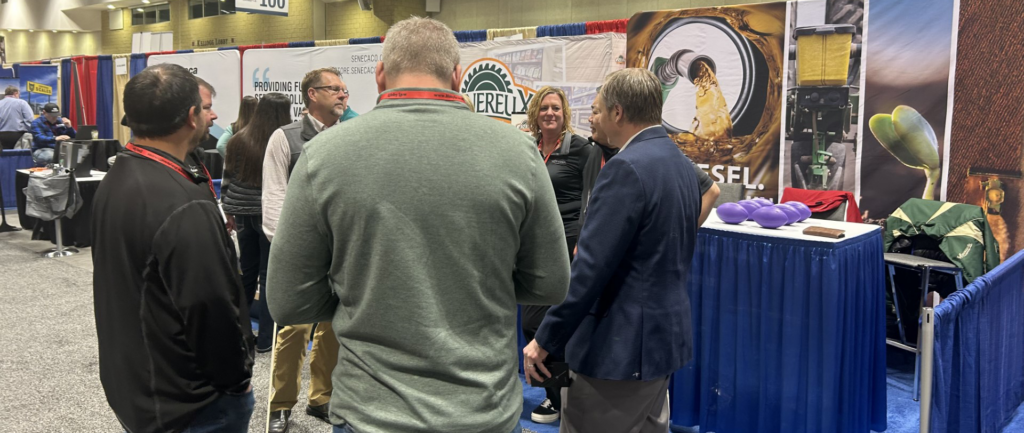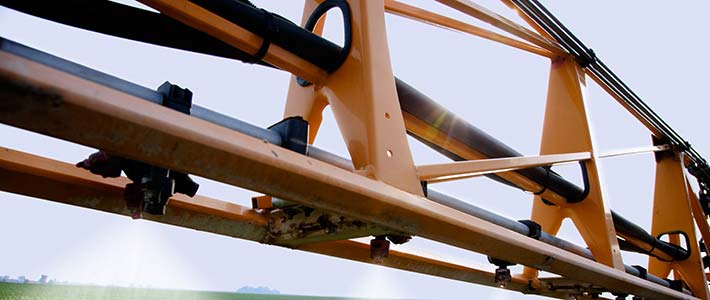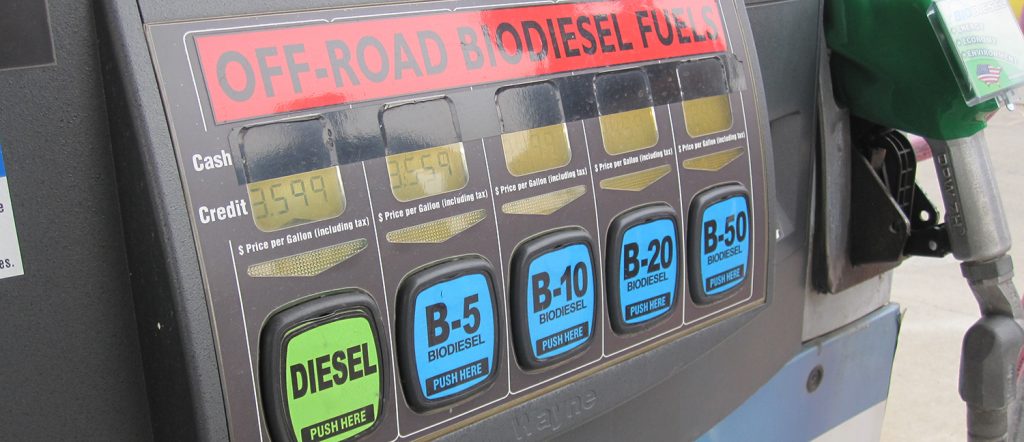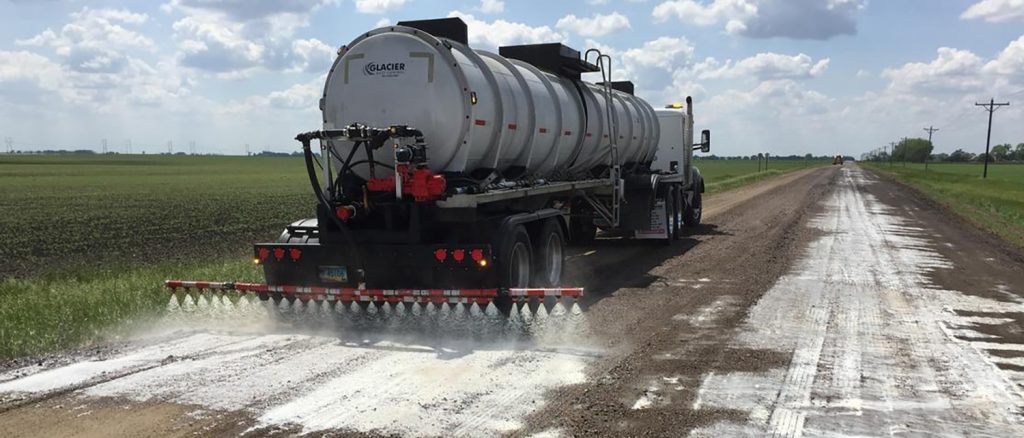Minnesota’s mask compliance ramped up in July, following Gov. Tim Walz’s mandate requiring face coverings in public spaces where social distancing isn’t possible. And the policy could be working. Minnesota’s 14-day rolling average of positive COVID-19 infections has dropped 14 percent since early August.
Putting politics aside, public health experts say it’s important for farmers to remember that all masks aren’t created equal, even during a pandemic.
“It can be confusing to choose the right masks for the right environment for the (farm) work you’re doing,” said Linda Emmanuel, a community health nurse with AgriSafe.
Wearing a mask can do more than slow than spread of COVID-19. Depending on the job on the farm, Emmanuel recommends stronger covering measures than cloth masks, which help protect others but don’t protect the user from dust and chemicals. A mask that’s appropriate for grocery shopping won’t necessarily offer the same protection in a livestock barn.
“They serve a purpose, but farmers need a mask to protect their lungs,” she said. “Healthy lungs, happy life.”
Farmers should be aware of protecting their lungs from potentially dangerous particles and containments. For more strenuous farming chores, such as welding or working in a grain bin, farmers should use N95, N100 or half-faced masks. However, COVID-19 is continuing to create a shortage of N95 masks, and experts say it’s acceptable to put a cloth mask over an N95 mask to protect the life of the N95 mask.
“This may seem like a bit much,” Emmanuel said, “but it may be your best option and will do a great job.”
There are times when face masks aren’t required on the farm, said Rene Anthony of the University of Iowa’s College of Public Health. Masks aren’t necessary when riding alone in the combine or working alone outside in the field or among cohabitating family members. The time to wear a face covering begins when employees or non-family members are on the farm. Singing, yelling and talking within close proximity, especially indoors, can all create the spreading of the coronavirus.
“This is a new thing to do, but right now it’s important,” said Kathryn Crawford of the Great Plains Institute. “We’re learning the face coverings would have a big impact in reducing the spread in our community. We need to step up and do this for each other.”
Wearing a mask can serve multiple purposes for farmers, Anthony said. They can protect themselves and create barriers from dangerous chemicals while also protecting others. Yes, they can be hot and uncomfortable, but wearing a mask, she said, is an extension of farmers’ commitment to the greater good.
“If you think about your role as a farmer, they’re committed to their communities, family and friends,” she said. “Wearing a face mask is a way to continue to demonstrate those commitments. It’s a way of showing you care. It’s a courtesy and kindness to adopt wearing it.”
Mask Tips
– Ditch the bandanna. Make sure a face covering is two layers thick.
– Seek out N95 masks with tube straps that can fold flat so you can place it in your pocket
– When not using N95 masks, store them in a mesh bag.
– Wash masks after use.







